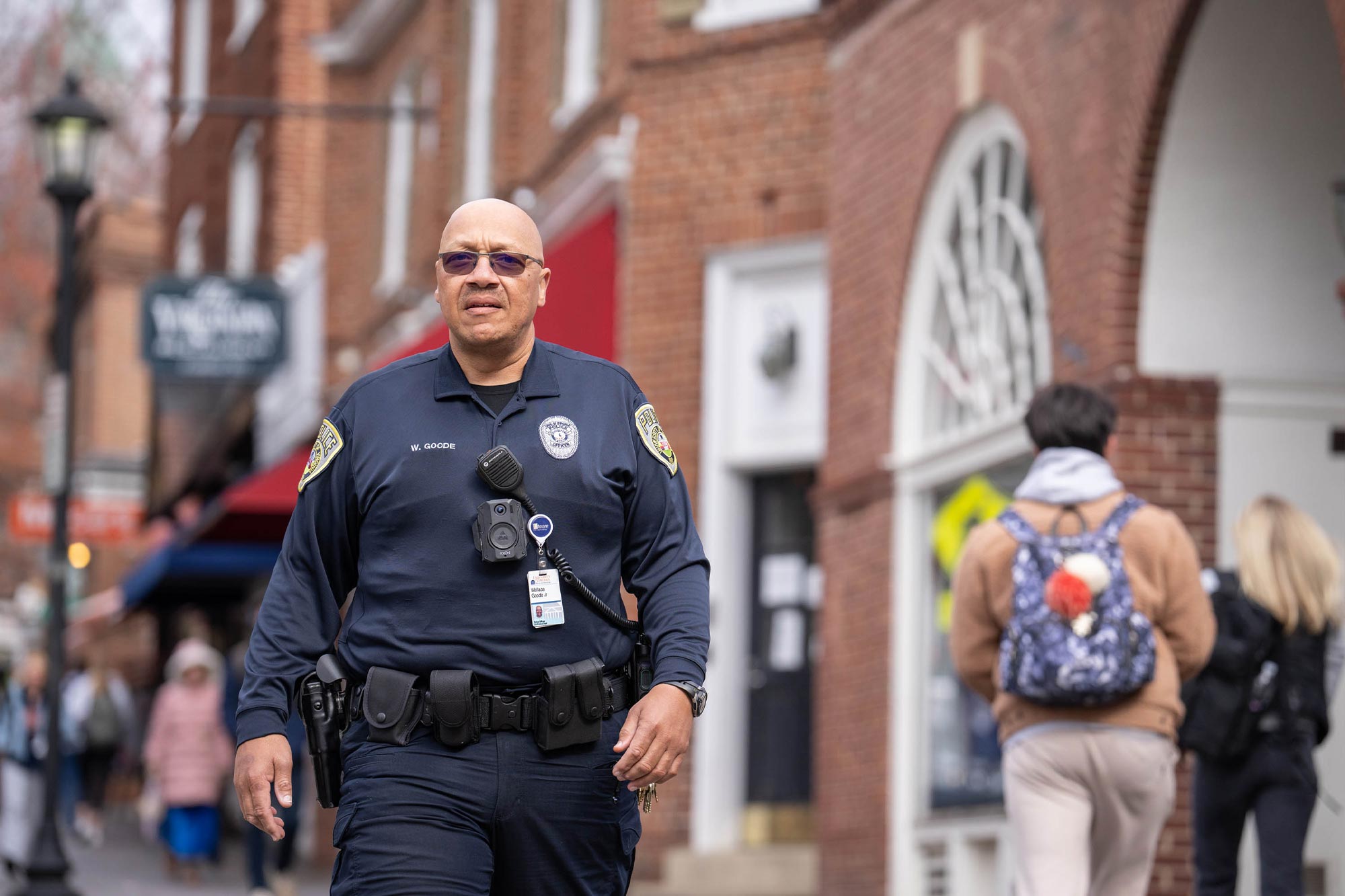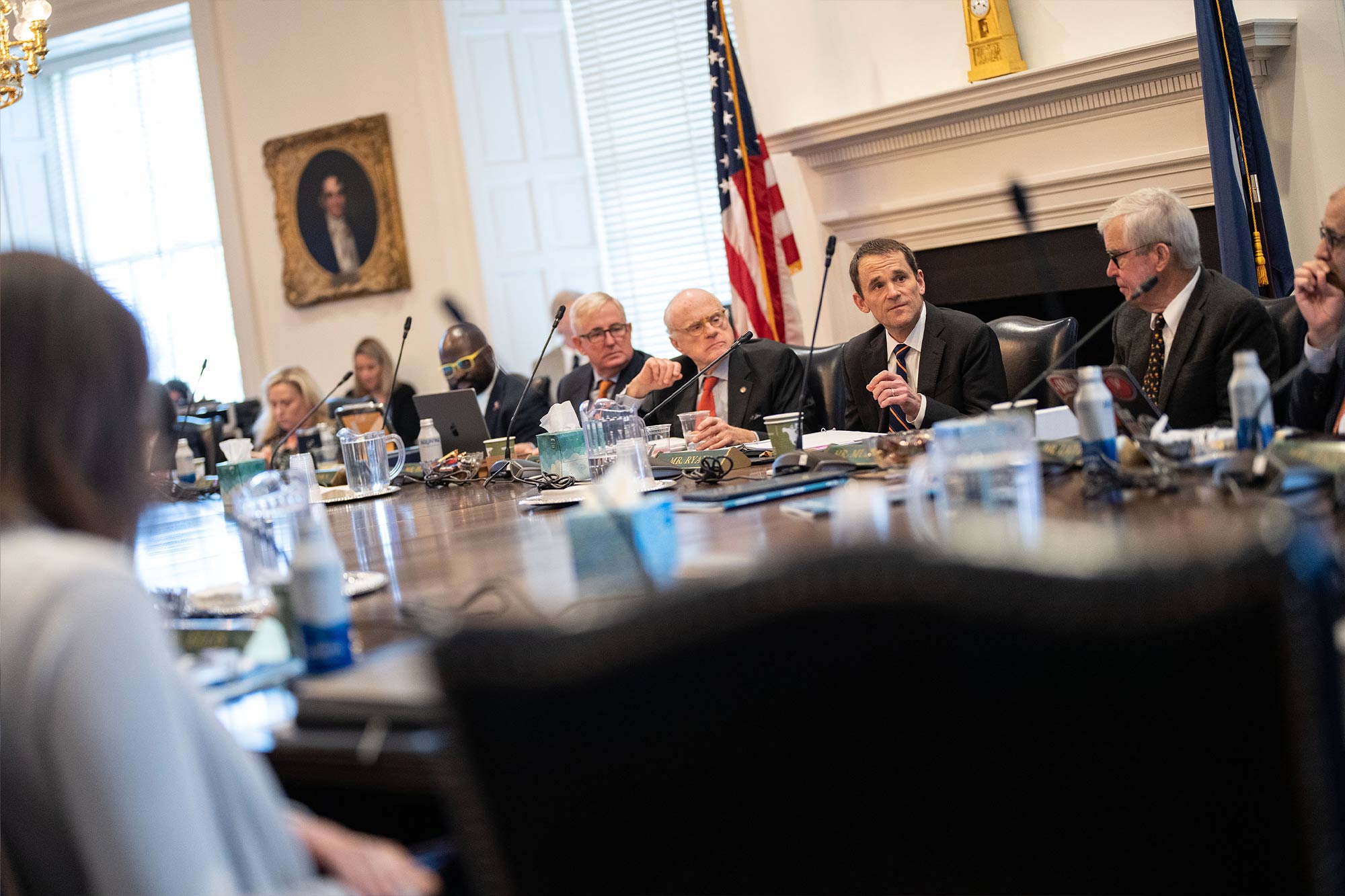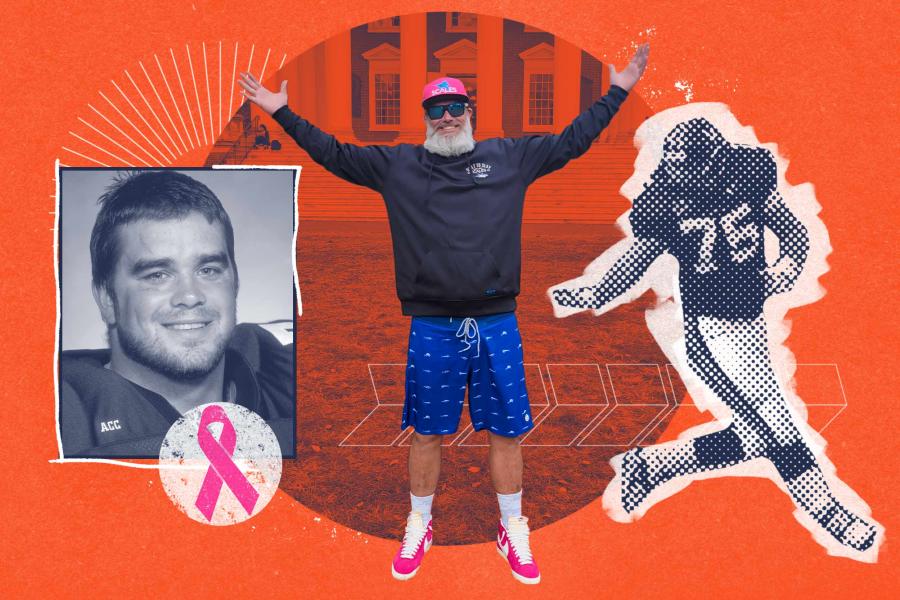In the wake of the Nov. 13 tragedy on Grounds and increases in gun violence in the greater Charlottesville area, University of Virginia leaders are taking steps to better understand the root causes of gun violence in our region and across the nation, develop strategies to enhance safety in the short term, and to find solutions for the longer term.
At the most recent Board of Visitors meeting, UVA President Jim Ryan said the trends are concerning – nationally and locally – and demand time and attention.
“It’s critical that we’re working with our partners in the city and in the county to do what we can to keep our students, employees, patients and community safe,” he said.
The University has implemented several initial changes in response to Nov. 13 and regional gun violence, adding public safety resources to key areas, adjusting how it manages its threat-assessment process, and how it administers no-trespass orders. More enhancements are being explored.
UVA Chief Operating Officer Jennifer “J.J.” Davis said she and other UVA representatives meet regularly with colleagues from Charlottesville and Albemarle County to gather and review crime data and to focus on key initiatives to promote a safe, healthy living and learning environment, including community access to mental health and youth engagement resources.
Davis said the group, which includes University Police Chief Tim Longo, also has tapped into UVA’s well of public safety expertise in areas such as threat assessment, school safety, gun violence and mental health. The group is also leveraging the knowledge of law enforcement professionals from across the country who participate in the various public safety programs sponsored through the School of Continuing and Professional Studies, including the Master of Public Safety degree program, the National Criminal Justice Command College and the FBI National Academy.






